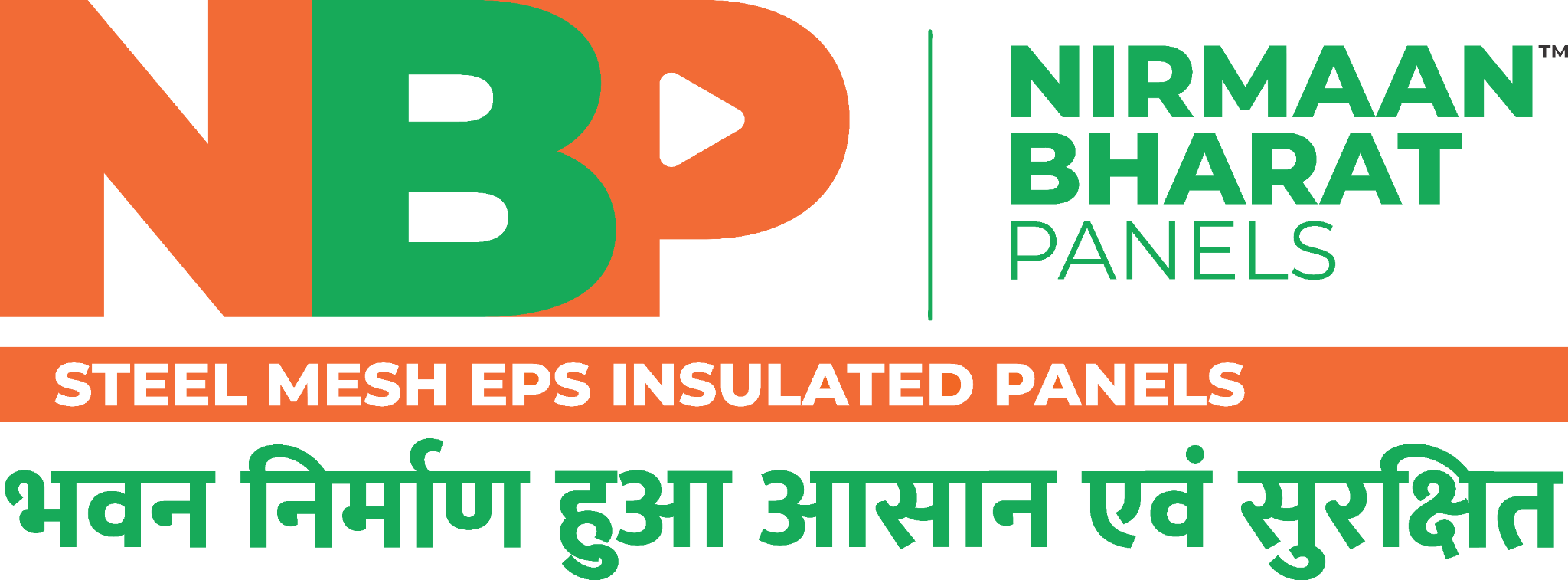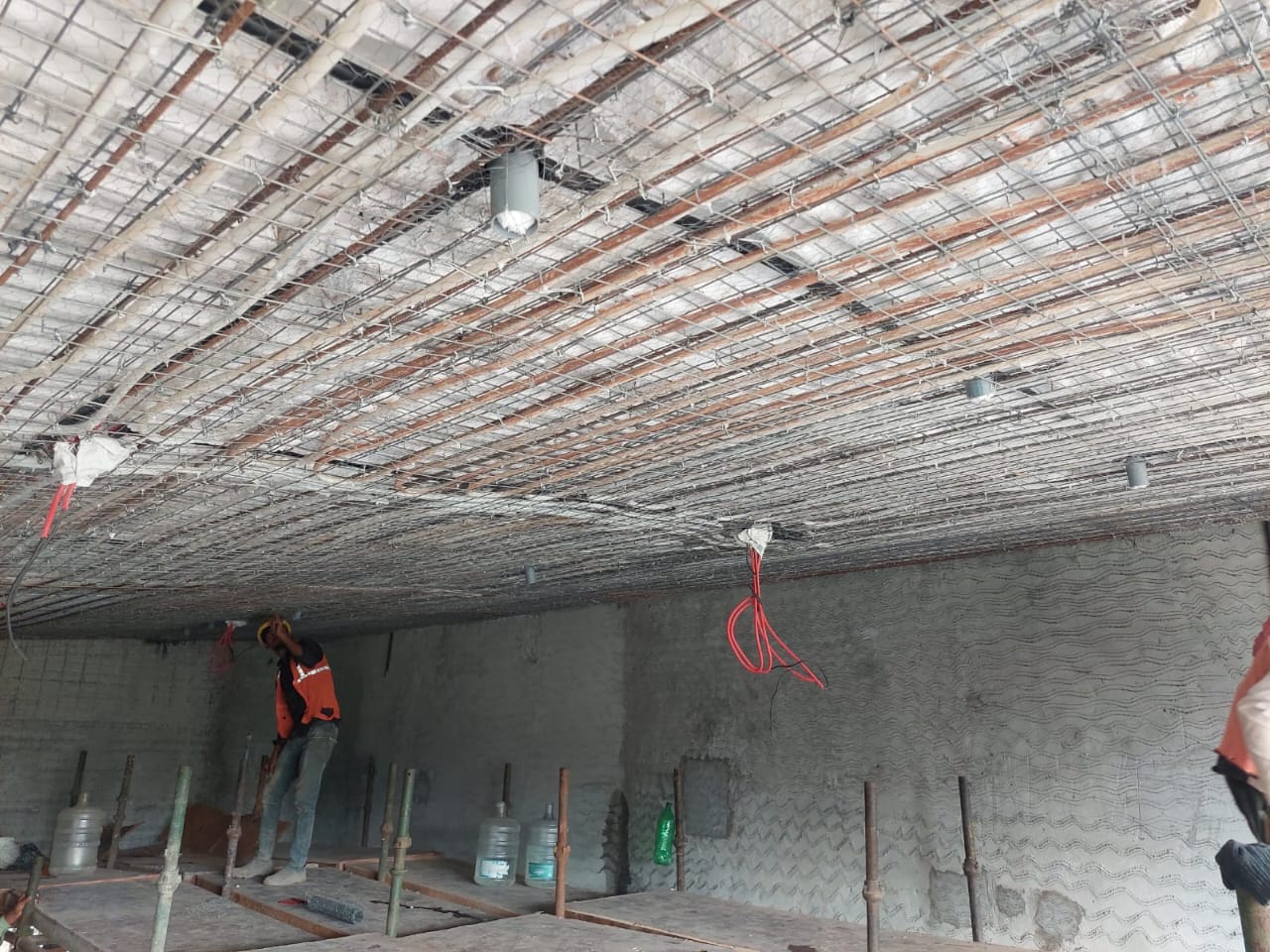As the construction industry continues to evolve, innovative technologies are playing a crucial role in enhancing efficiency, sustainability, and overall performance. One such advancement making waves in the world of construction is the use of Expanded Polystyrene (EPS) technology in wall panel systems. In this blog post, we will delve into the latest innovations in EPS technology, shedding light on how these advancements are revolutionizing the way we approach wall panel construction.
Table of Contents
ToggleEPS Technology Overview:
Expanded Polystyrene (EPS) is a lightweight and versatile material known for its excellent insulation properties. This closed-cell foam material is widely used in the construction industry for various applications, including insulation, roofing, and wall panels. The recent innovations in EPS technology have focused on improving the durability, sustainability, and adaptability of wall panel systems.
Enhanced Insulation Performance:
One of the key advantages of EPS technology is its superior insulation capabilities. Recent innovations have led to the development of EPS panels with enhanced thermal resistance, ensuring better energy efficiency in buildings. These advanced panels contribute to reduced heating and cooling costs, creating more sustainable and eco-friendly structures.
Structural Strength and Durability:
In response to the demand for stronger and more durable construction materials. Manufacturers have been incorporating advancements in EPS technology to enhance the structural integrity of wall panel systems. New formulations and manufacturing processes have resulted in EPS panels. With increased load-bearing capacity and resistance to external forces, making them suitable for a wider range of construction projects.
Sustainable Solutions:
As the construction industry embraces sustainable practices, EPS technology has evolved to meet environmental standards. Innovations in manufacturing processes now prioritize recyclability and reduced environmental impact. Some manufacturers are incorporating recycled content into EPS panels, further reducing their carbon footprint. This shift towards sustainability aligns with the global movement towards greener and more environmentally conscious construction practices.
Customization and Design Flexibility:
Advancements in EPS technology have also opened up new possibilities in terms of design flexibility and customization. Modern wall panel systems utilizing EPS can be tailored to meet specific project requirements. Allowing architects and builders to achieve unique aesthetic designs. This flexibility in design is coupled with ease of installation, reducing construction time and costs.
Integration of Smart Technologies:
The era of smart construction is here, and EPS technology is not lagging behind. Some manufacturers are incorporating smart technologies. Into EPS wall panels, enabling features such as energy monitoring, climate control, and even integration with home automation systems. These smart features not only enhance the overall functionality of buildings. But also contribute to the growing trend of smart, connected spaces.
Conclusion:
In conclusion, the ongoing innovations in EPS technology for wall panel systems are transforming the construction landscape. From improved insulation performance and enhanced structural strength to sustainable solutions. And design flexibility, EPS is proving to be a versatile and invaluable material in the modern construction toolbox. As the industry continues to prioritize efficiency, sustainability, and innovation. EPS technology is set to play a pivotal role. In shaping the future of wall panel systems and, by extension, the buildings we inhabit.



